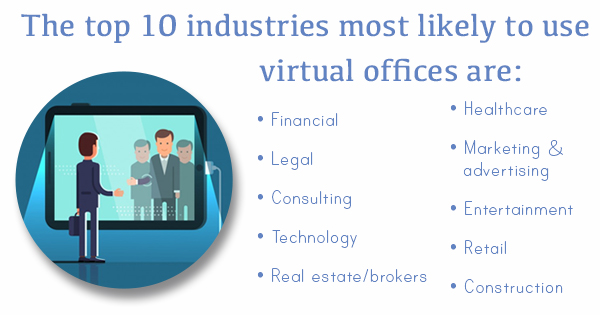According to a new study, the top 10 industries most likely to use virtual offices are: financial, legal, consulting, technology, real estate/brokers, healthcare, marketing and advertising, entertainment, retail, and construction. But there are countless reasons for all types of industries to get involved in all that telecommuting and different office solutions have to offer. Not only are telecommuting employees proven to be more productive and efficient, but you as an employer can even save money by not making your employees physically come to work each day.
In order to put your new telecommuting employees on a proven track to success, you’ll have to stay proactive and take a number of careful and practical steps. Without further ado, here’s part one of our two-part guide that will explore some top strategies for preparing new telecommuting employees for short- and long-term success.
Communicate Policies Clearly (and in Writing!)
First and foremost, it’s essential to communicate any and all telecommuting policies as clearly as possible, and keep all related documents in a place that all employees can access easily. It’s important to maintain a sense of transparency when forming expectations for your employees, and doing your part to communicate clearly can help to prevent future discrepancies and miscommunications that could impede workflow.
“If you currently have a virtual workforce or are considering one for the future, take a hard look at your company policies and make sure they incorporate modern considerations for the virtual employee. In addition to the basic company expectations (like wearing a shirt), review all policies contained in your employee handbook to determine whether they need to be adapted,” writes Lauren Sobaski on Lexology.
Remember: People usually need to hear something several times before they remember. Communicate your policy in a variety of settings and mediums for maximum impact.
Ensure Proper (And Legal) Compensation
When it comes to compensating your employees for their telework, the most important aspect is to make sure all employees have a reliable way to accurately record and keep track of all hours worked throughout the week. You can do this using a payroll management system that employees can clock in and out of, or you can consult with your HR team to develop a more customized timekeeping strategy.
Need a Virtual Office Space?
Ultimately, understanding these tips for setting your telecommuting employees on the path to success can reflect positively on you as an employer and keep employees satisfied throughout the duration of their employment. Keep an eye out for the next post, where we’ll discuss some more smart ways to prepare new employees for telework. If you need a virtual office space, contact Stat International.

